Arjak Mashal
Arjak Mashal
- Binding: paperback
- Language: Hindi
- Price: 35/-
₹35.00 /-
Order Arjak Mashal On WhatsApp
Description
Arjak Mashal by Ramswaroop Verma
“Arjak Mashal” (The Torch of Arjak) is a Revolutionary literary work by Ramswaroop Verma, a leading rationalist thinker and founder of the Arjak Sangh. This book is more than only a collection of ideas – it is a symbolic torch of liberation, which for centuries ignites dull minds with religious dogma, caste oppression and Brahminical dominance. 🔥 Meaning behind the title – “Mashal” (torch) The title in the title is not a metaphor of the word – this is a declaration of purpose. A mashal does not just illuminate – it burns. And this is what Varma’s intention is to burn the roots of Brahminism, not just criticize it. Arjak Mashal serves as a guide flame for liberation, intellectual clarity and cultural disregard.
🧠 Core Themes
This book is a manifesto in prose—short essays, speeches, and ideological notes that attack the foundational myths of caste and religion. Key ideas include:
-
Absolute rejection of God, soul, karma, rebirth
-
Deconstruction of Hindu scriptures as tools of domination
-
Total discrediting of Brahmins as a priestly class
-
Uplift of laborers, Dalits, women and oppressed castes The creation of a rationalist, egalitarian society lies in science and morality 🧱 Book structure The book has been tightly packed, structured in political-rich chapters, which has been written in the effective Hinglish-Hindi yet, which is accessible to the readers at the ground level. Each chapter is a torch-frame-bref, acute and stimulating. Topics include:
-
“Brahmanvaad ka chehra”
-
“Vigyan aur dharm ka sangharsh”
-
“Dalit samaj aur Arjak vichar”
-
“Shaadi, mrityu aur dharmik dikhawa”
-
“Manav dharm ki khoj”
💣 Attack on Brahminical Ideology
Verma doesn’t hold back. He clearly states:
“Brahmanism is the greatest enemy of humanity. It has crushed logic under the weight of mantras.”
He exposes how the priesthood enslaved India through lies, and how scriptures like Manusmriti, Vedas, and Puranas are nothing but weapons of intellectual colonization. He critiques the RSS and upper-caste Hindu orthodoxy with equal aggression.
🎯 Who Is This Book For?
-
Ambedkarite youth seeking sharper ideological tools
-
Rationalists and atheists in India’s rural and semi-urban areas
-
Bahujan activists tired of token resistance and craving deep-rooted philosophical clarity
-
Those wanting to build an alternate culture free of myth, ritual, and caste
🪔 Impact and Legacy
Arjak Mashal became a widely circulated awareness tool in villages during the 80s and 90s. It was read aloud in Arjak Sangh meetings, rationalist weddings, and funerals, and helped in mentally decolonizing thousands.
Verma’s writings, especially in this book, are credited with giving the Bahujan movement cultural firepower—not just political identity.
💡 Sample Excerpt (Translated)
“We do not want a seat in the temple, we want the temple to be destroyed. Because every brick of that temple was kept with our blood, and was blessed with a curse of superstition.” This type of language separates Verma from other reformers. He does not seek inclusion – he asks for the oblivion of the structures of oppression.
🛠️ Tool for Organizers
The book isn’t meant for passive reading. It is a practical ideological toolkit. Community organizers, teachers, activists, and public speakers can use it to:
-
Prepare speeches
-
Train local rationalist cells
-
Conduct Arjak rituals (without religious content)
-
Build curriculum for anti-superstition education
-
Challenge caste authority in public debates
🧬 Philosophy in Action
Unlike other intellectuals who wrote from ivory towers, Ramswaroop Verma walked into villages, held meetings in cow sheds, and used books like Arjak Mashal as his only weapon. It’s a product of the trenches of ideological war, not academic publishing.
📢 Final Thought
Arjak Mashal isn’t just a book—it’s a lit torch handed to the next generation. If you want to understand India’s caste system from the perspective of those crushed under it, and if you want a language of resistance, this is your book.

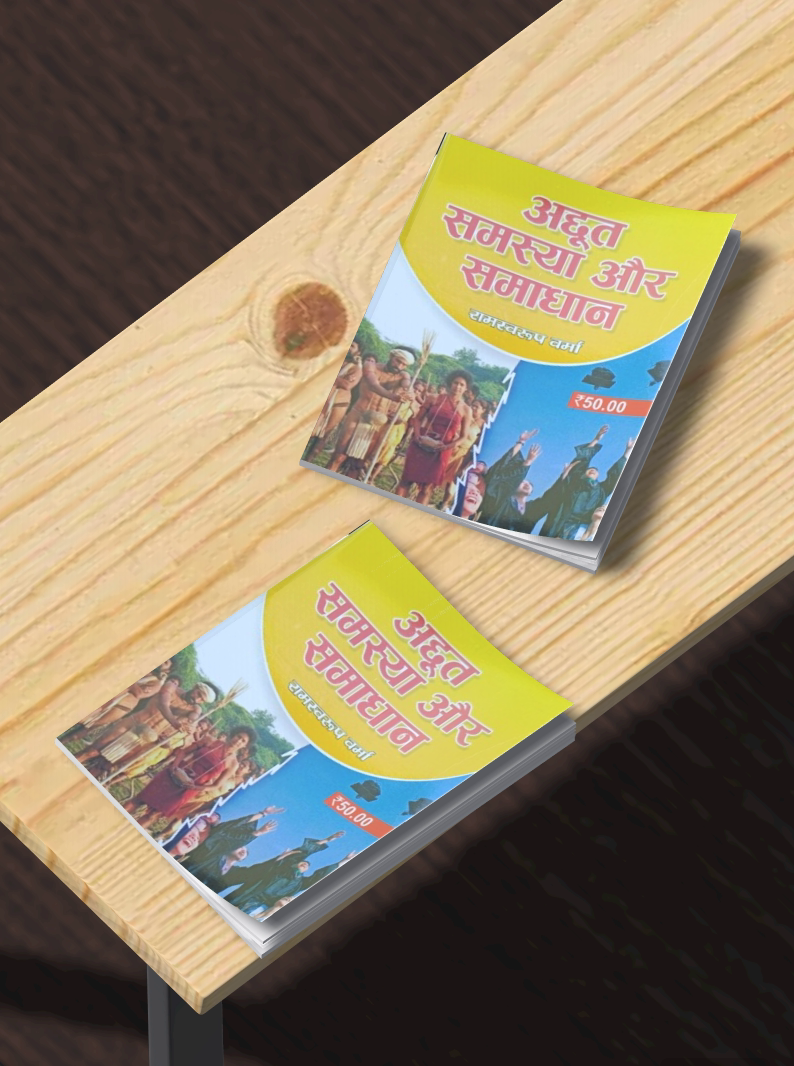
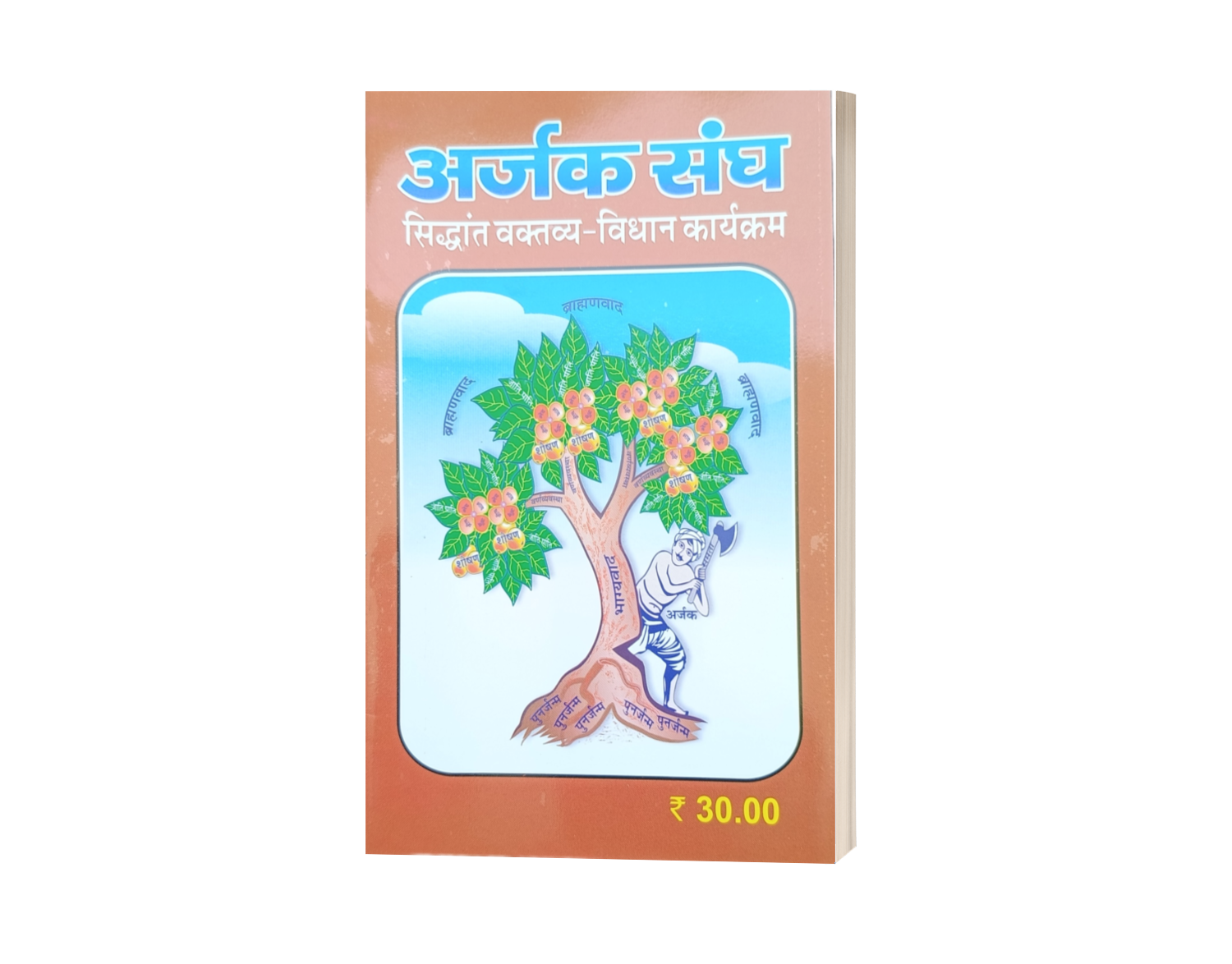
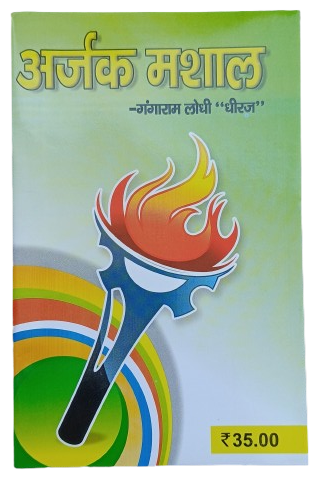
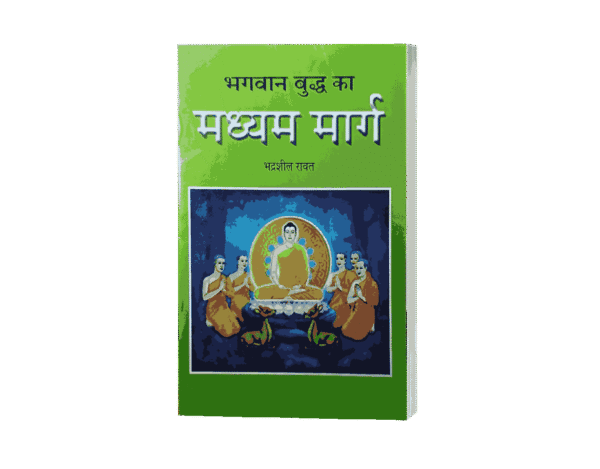
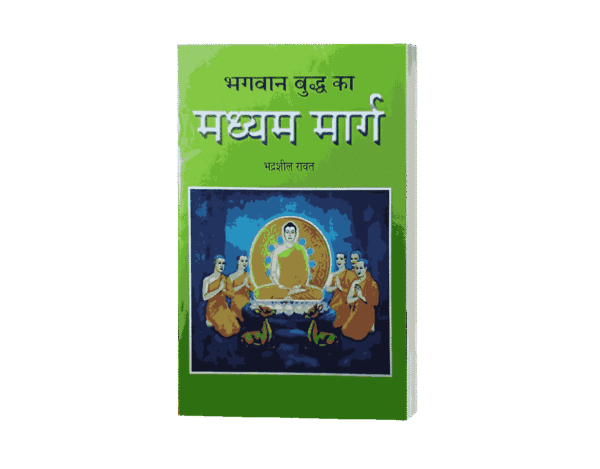
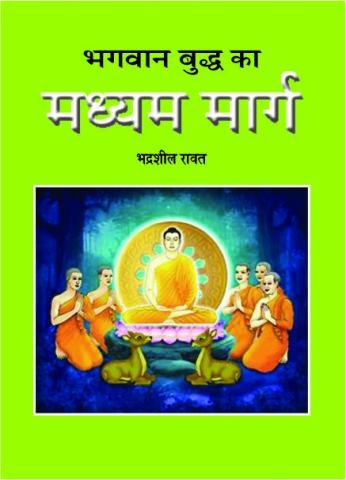
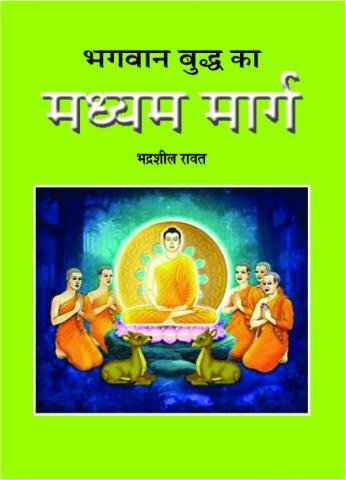
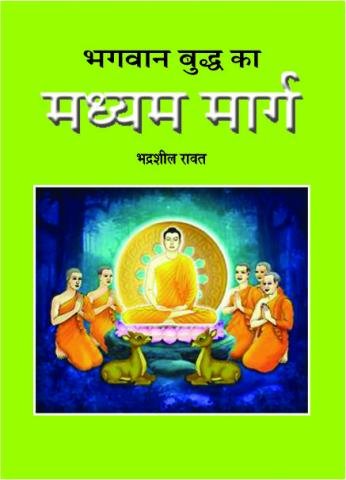
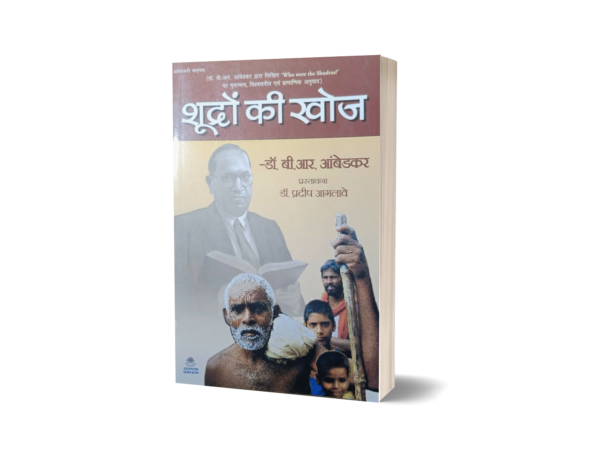


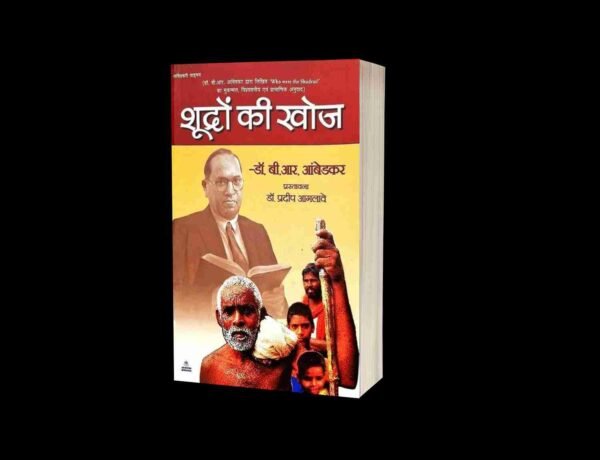







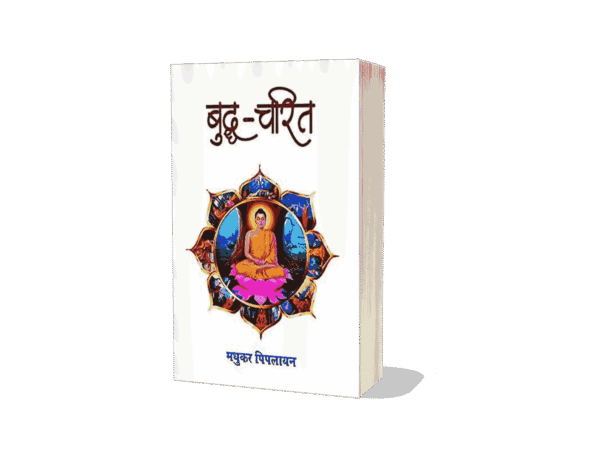
Reviews
There are no reviews yet.